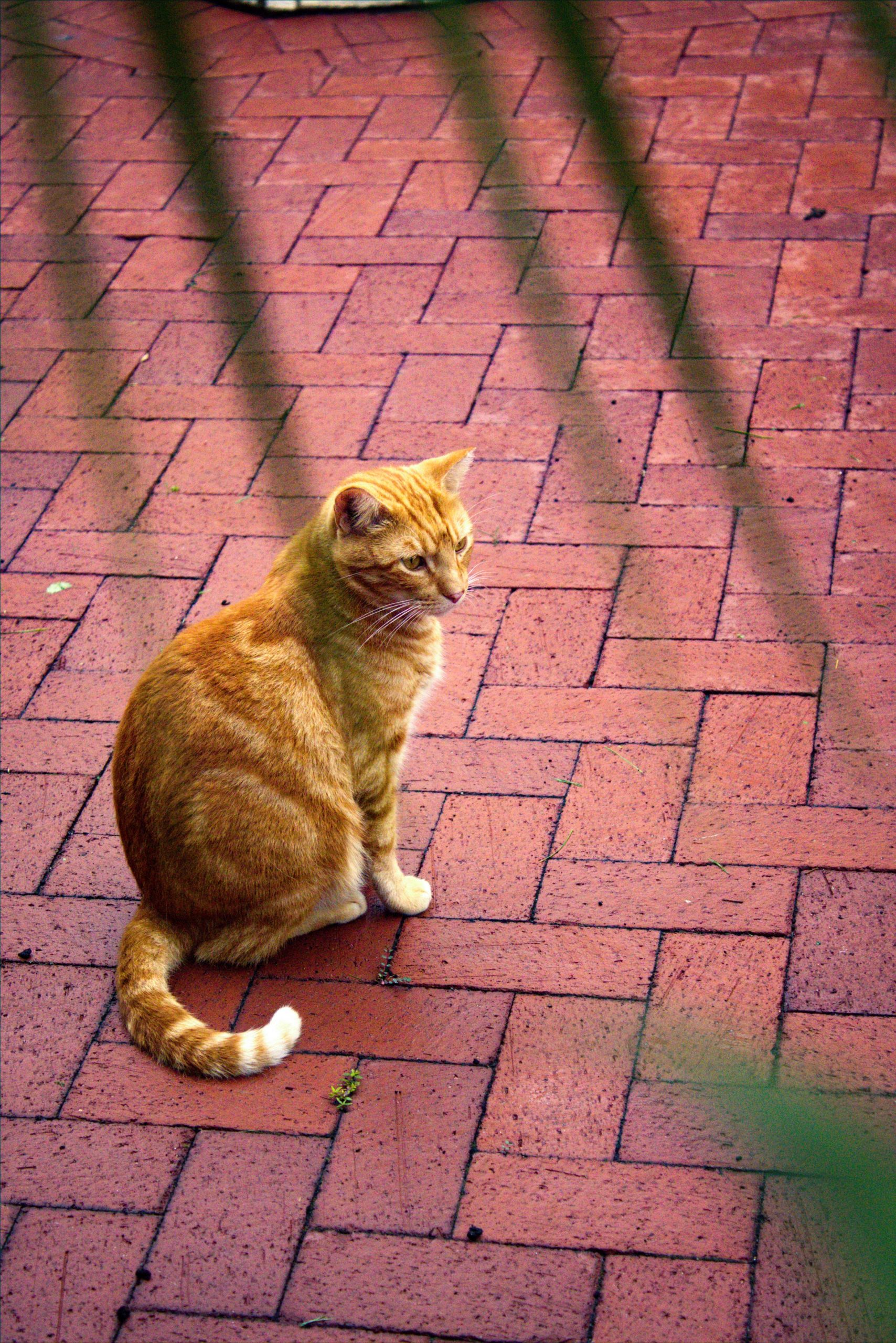
FSC’s cat club asks students to stop feeding them
Emma Matzen
The Campus Cat Club and its members are in charge of taking care of the campus cats found at Florida Southern College. Probably every student and staff member has seen at least one cat around campus.
Florida Southern College is part of a Trap, Neuter, Return (TNR) program for the cats, which ensures that they are fixed and returned to where they were found. The cats around campus are given medical care as needed as well as monthly flea treatments according to the Cats at FSC Facebook page. All the cats had recent shots for leukemia, rabies and distemper in 2017.
It’s important that the student community is giving the cats their space, since they are still feral, but there has recently been an issue of students leaving food out for the cats. Some of the campus cats in the Florida Southern community are on special diets, so this could be harmful to their health. All the cats are fed every evening, so they don’t need the extra snacks.
Leaving extra food out has also been attracting other wild animals to campus, which is an issue for both cat and student safety. Coyotes have been spotted several times on campus already.
“I think we are a very lucky campus in that we can even take care of these animals, and we should do better to make sure what we’re giving them is safe,” freshman Amo Oehler said.
Unfortunately, one of the campus cats Jojo, was killed recently by a raccoon. Leaving the feeding to the members of the Cat Club who are in charge of the cats’ feeding could help prevent this from happening again in the future.
“[We] should respect the fact that the school is already feeding them too,” Oehler said. “If they get too much food they’ll get sick, so the best thing for us to do is either get cat treats for the club or just love on [the cats] if they’re in the mood to be loved on.”
Christina Meiser, a 2018 Florida Southern graduate, is the original organizer of the Campus Cats Club as well as the person running their current social media accounts.
“If [the cats] eat random food during the day,” Meiser said, “they might not show up on time for dinner in the evening, which isn’t good for us because we need to monitor their health and keep tabs on [which cats] are showing up, or if one might be missing.”
The safety of these cats is a community driven effort. Unintentionally bothering them and giving them food they shouldn’t have may be harmful to their health.
To help support the campus cats and the Cats Club, donations can be made via PayPal and goods can be bought off the Amazon Wishlist on the Cats at FSC Facebook page or the Cats at FSC Instagram (@cats_at_fsc).